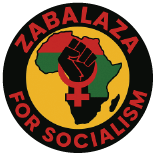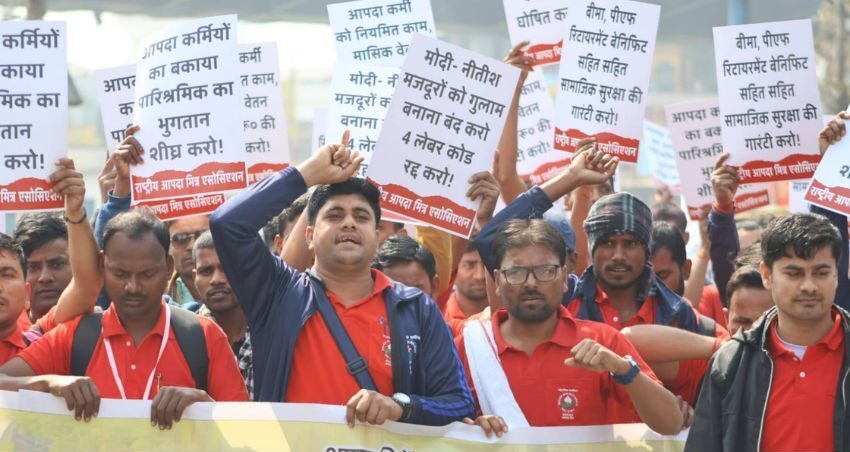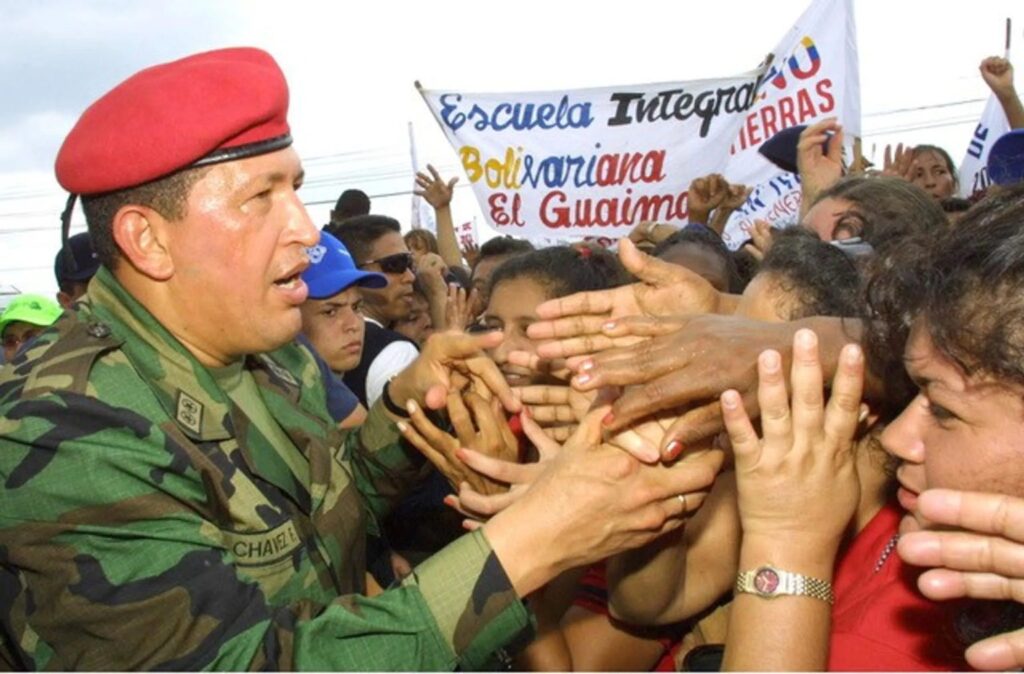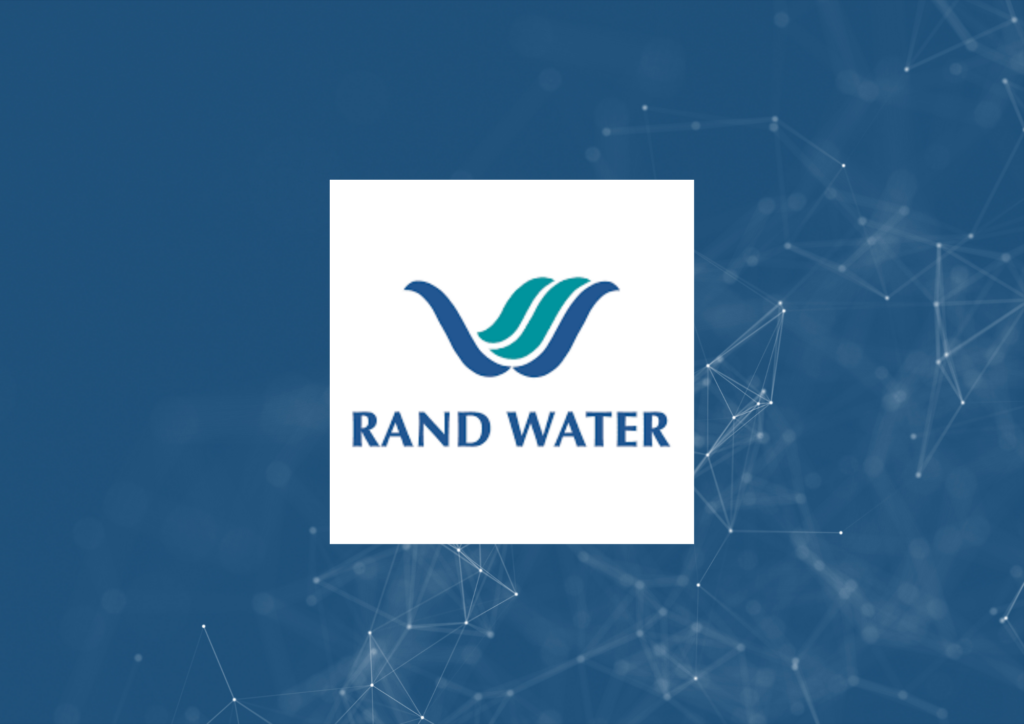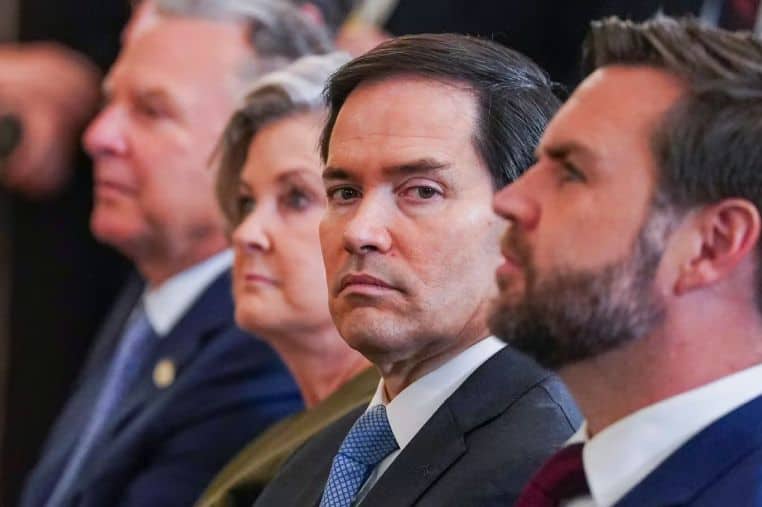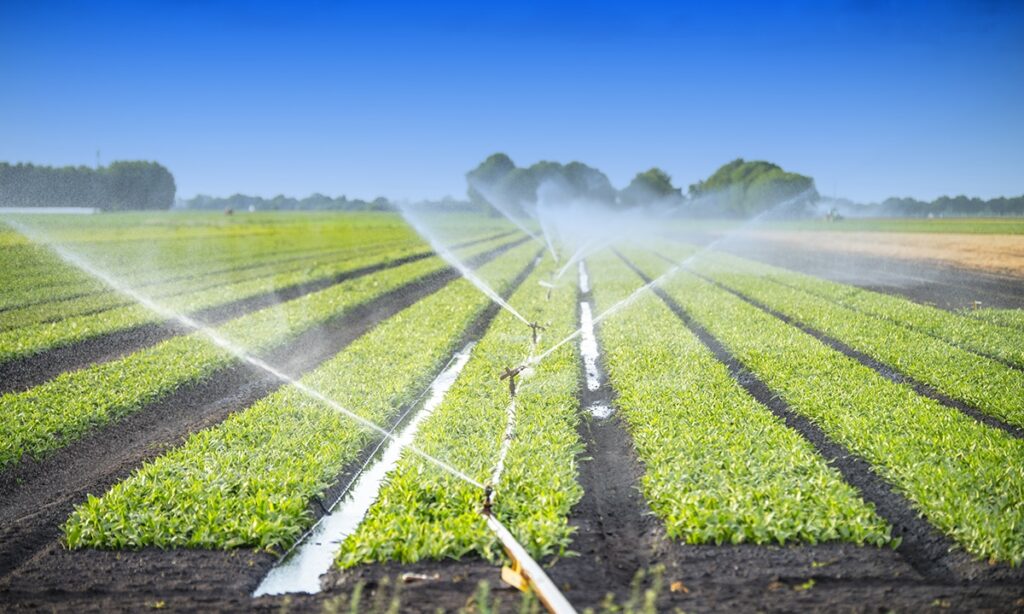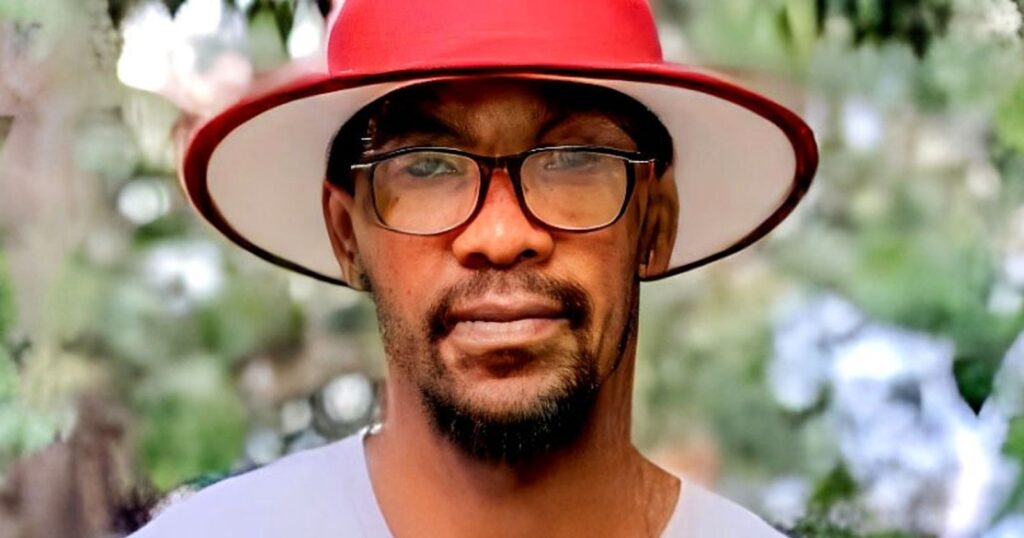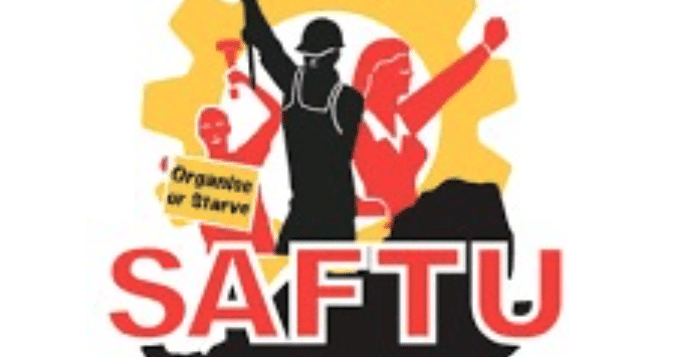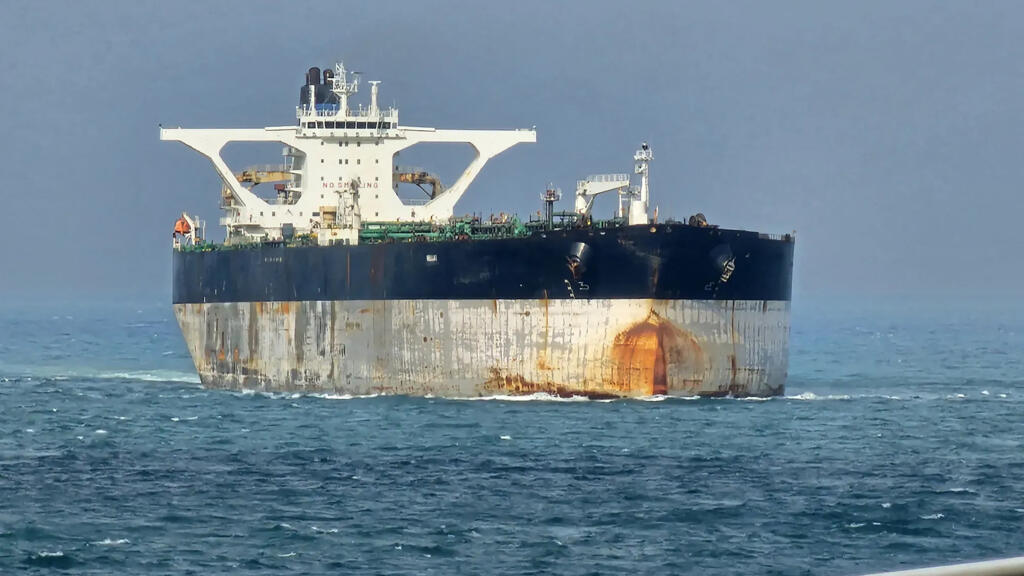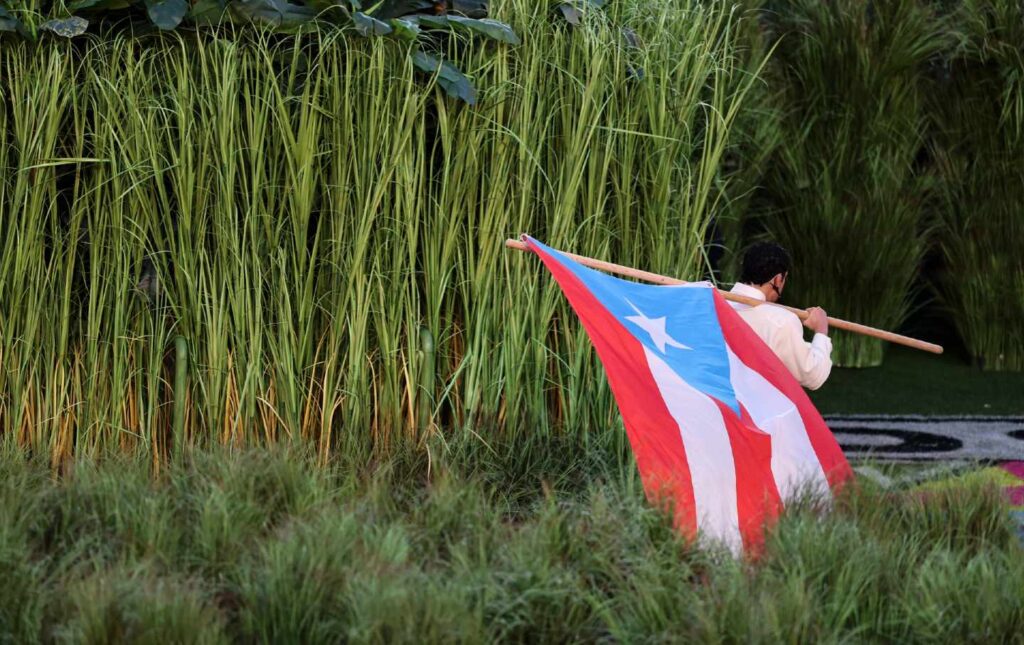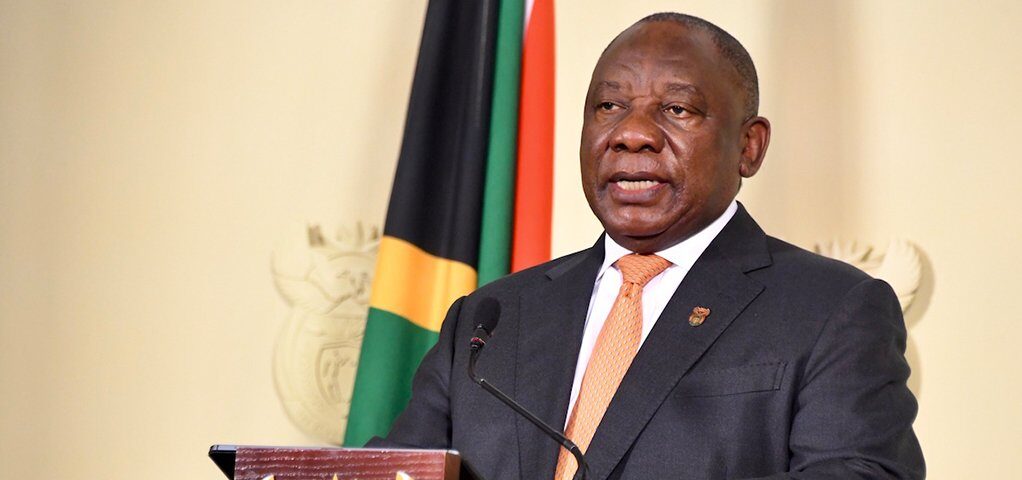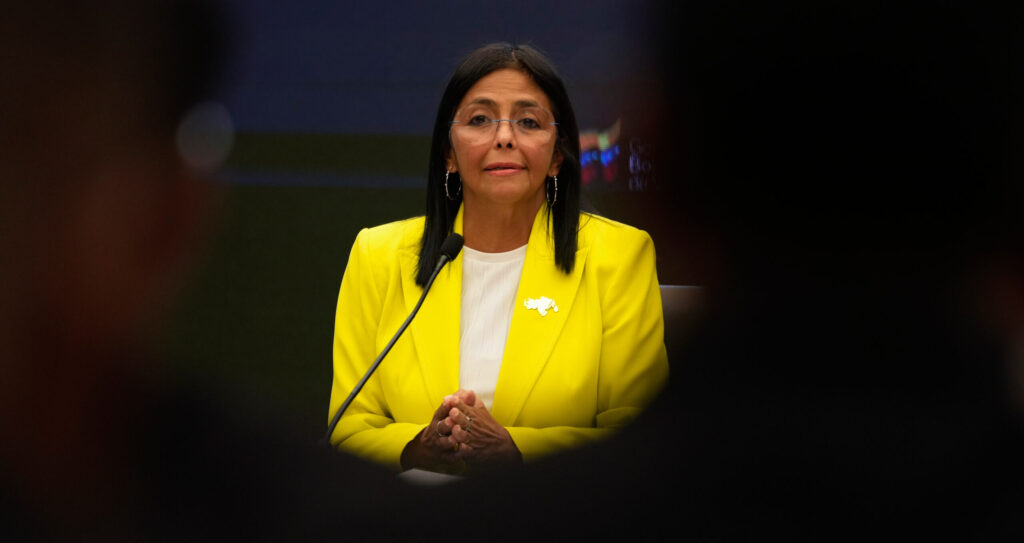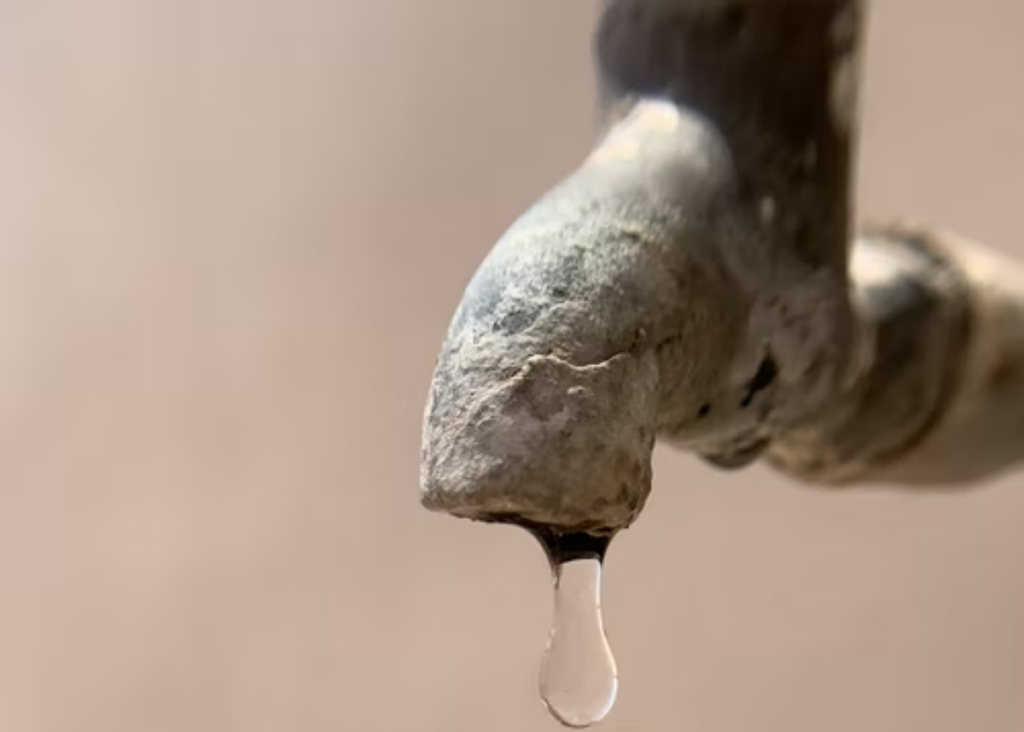The case for the South African government to respect Boycott Divestment Sanctions and ‘Hague Group’ mandates against Glencore/ARM exports and all other fuel supplies to Israel
South African coal exports to Israel since the genocide of Palestinians have reached 1.5 million tonnes by mid-2025. These shipments mean Pretoria is now saying, in effect, “Hague Shmague” – exactly the way the Israeli far right reacts to the International Court of Justice rulings to stop mass murder of Palestinians and apartheid conditions.
In late 2023, South Africa asked the International Court of Justice (ICJ) to prosecute Israel for genocide of Palestinians in Gaza. On the West Bank, the ICJ ruled (in July 2024), states must halt “aid or assistance in maintaining the situation created by Israel’s illegal presence in the Occupied Palestinian Territory.”
Agreeing with the ICJ, the United Nations General Assembly in September 2024 voted (124 for, 14 against, 43 abstentions) that states have an obligation to “prevent trade or investment relations that assist in the maintenance of the illegal situation created by Israel in the Occupied Palestinian Territory.”
Halting Hague-Group hypocrisy
Co-chaired by the South African goverment, the Hague Group of countries defended the International Criminal Court against U.S. sanctions, pledging on January 31 2025 to “prevent the docking of vessels at any port… where there is a clear risk of the vessel being used to carry military fuel and weaponry to Israel,” and on July 16, to “Prevent the provision or transfer of arms, munitions, military fuel, related military equipment, and dual-use items to Israel…”
These commitments logically entail ending SA state aid and assistance to the illegal occupation and genocide. Most important is parastatal Transnet, whose coal rail shipments and Richards Bay port facilitation more rapidly deplete coal, a state-owned natural resource. But in defending the rail and port status quo, Transport Minister Barbara Creecy won’t bother to reply to Boycott Divestment Sanctions letters.
After extraction from mines, SA coal is supplied to the Israel Electric Corporation to generate power used in the genocide, and thus it certainly can be considered military fuel.
The BDS strategy called for by the broadest-ever range of Palestinian civil society in 2005 peacefully addresses one of Israel’s major vulnerabilities: fossil-energy supply. Coal-fired power plants at Ashdod and Hadera ports in 2023 provided 17.5% of power to a grid that supplies the Israel Defense Forces (IDF), weapons and ammunition manufacture. The coal also fuels Israel’s illegal West Bank settlements.
On September 26 2024, SA trade minister Parks Tau replied to a parliamentary endorsement by a small party (Al Jama-ah), of “mounting calls from social justice activists to stop trading coal with Israel.” In contrast, Tau officially rejected BDS-Israel on coal, diamonds, grapes and anything else. He claimed, “Sanctions applied by one member against another in the absence of multilateral sanctions by the United Nations, would violate the World Trade Organisation principle of non-discrimination and would open the country to legal challenge.”
Tau’s specious argument – ignoring widespread violations of WTO anti-tariff provisions by many governments, especially the U.S. – means he refuses to regulate a dangerous export, a commonly-used state tool. Coal is exceptionally dangerous, as its combustion is the main cause of the climate crisis, as well as of Mpumaanga’s extreme levels of local pollution and ecological degradation.
Glencore/ARM’s long historic role in fueling Israeli oppression
After the genocide began, 17 ships left Richards Bay carrying coal, which fuels both genocide and the climate crisis. `As the world’s largest commodity trader, Switzerland-based Glencore offers no apologies or rationale for fueling Israeli genocide and apartheid.
Two Johannesburg-born South African Glencore directors – CEO Gary Nagle and Senior Independent Director Gill Marcus – are notably silent about coal sales to Israel.
Marcus was once Nelson Mandela’s spokesperson, then was Deputy Finance Minister, chair of ABSA Bank and Governor of the SA Reserve Bank. Having served Glencore since 2018, she is the firm’s highest-ranking non-executive director.
Glencore acquired South African-based Xstrata in 2013 and inherited local partner Patrice Motsepe’s African Rainbow Minerals Coal (ARM Coal). In 2006, ARM Coal had been set up by the Xstrata mining house with a $135 million loan to Motsepe, along with nearly half the black-owned firm’s investment capital.
The deal was a major reason Motsepe vaulted to SA’s richest black businessman, with many conservative commentators hoping he replaces his brother-in-law Cyril Ramaphosa as SA state president in 2029.
Just as Motsepe allied with Xstrata in 2006, the firm bragged of 13 million tonnes of coal exports that year: “Outside of Europe, Israel was the largest purchaser of the South African operations’ coal production.”
To become deputy president in 2014, Ramaphosa was forced to sell his own Glencore-allied firm, Shanduka; he had also chaired the Glencore-owned Optimum mine. The transaction was completed only in mid-2015, but as head of Eskom’s ‘war room’ in 2014-15, Ramaphosa tripled the price paid for Glencore’s Optimum coal.
Profits and non-prosecution
Today, with coal priced at $92/tonne, Glencore gets $22 profit for each tonne sold, with $70/tonne production costs. Each tonne burned creates 2.6 tonnes of CO2 emissions. So these ships fuel both Israel’s genocide and the climate crisis. At a ‘Social Cost of Carbon‘ of $1500/tonne, a ship that carries 170 000 tonnes does $663 million in environmental damage. Glencore’s profits are only $3.7 million.
Since its 1994 renaming from ‘Marc Rich & Co,’ Glencore has had a terrible reputation in Africa. Initial earnings had included apartheid-era sanctions busting. Its Congolese dealings with Israeli tycoon Dan Gertler continued until the latter’s 2018 blacklisting by the U.S. government.
From 2018-22, Glencore was prosecuted under the U.S. Foreign Corrupt Practices Act for widespread bribery and corruption across Africa, and paid $1.5 billion in fines. (Suspiciously, it has not been subject to prosecution in SA though the Zondo Commission received complaints from the SA Federation of Trade Unions and an ex-Eskom CEO.)
SA coal companies targeted by BDS include Glencore (the main firm selling coal from Colombia) and its main mining partner, Motsepe’s ARM, as well as parastatal Transnet which runs the railroad and ports, and a dozen Richards Bay Coal Terminal owners: Anglo Operations, ARM Coal, South32 Coal, Exxaro, Glencore Operations, Kangra Sasol Mining, South Dunes Coal Terminal, South African Coal Mine Holdings, Tumelo Coal Mines, Umcebo Mining, Optimum Coal and Koornfontein.
BDS activists insist that any Glencore working-class employee – mostly organised by the National Union of Metalworkers of SA – or community adversely affected by halting coal exports to Israel by Glencore and other coal mines, must get compensation from $12.8 billion ‘Just Energy Transition Partnership’ funding pot.
Anti-coal protests by the Palestine Solidarity Campaign-South Africa were held on August 22 2024 and May 28 2025 at Glencore’s headquarters in Melrose Arch, and on April 5 2025 at ARM’s in Sandton. The next one is August 21, 12-2pm, at Parks Tau’s trade ministry in Pretoria, Cape Town and Durban. Join us, stop the genocide!
